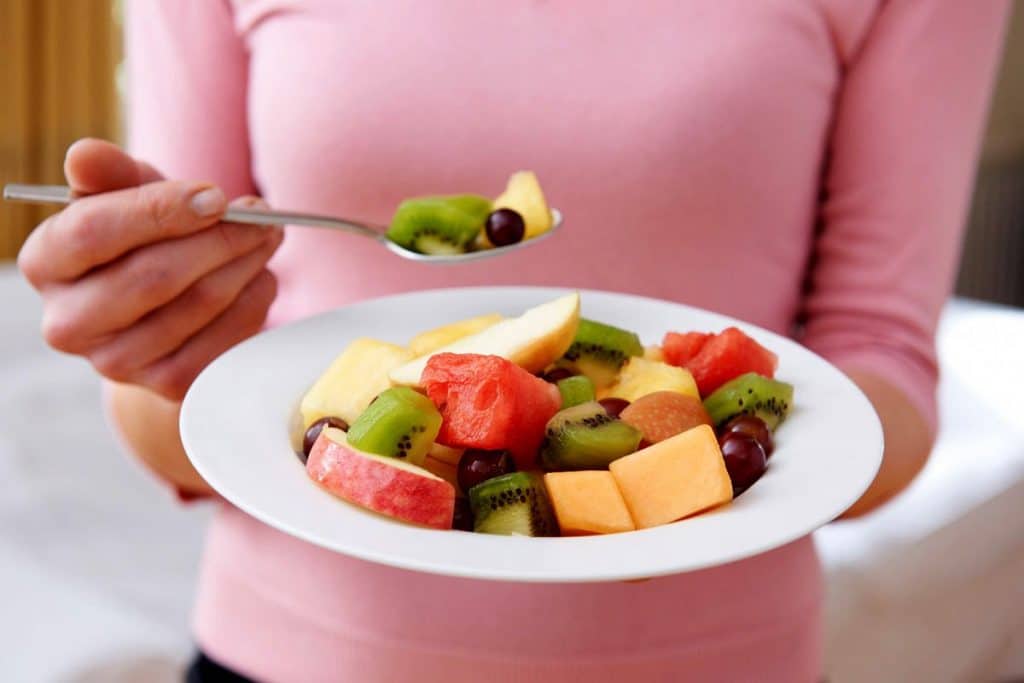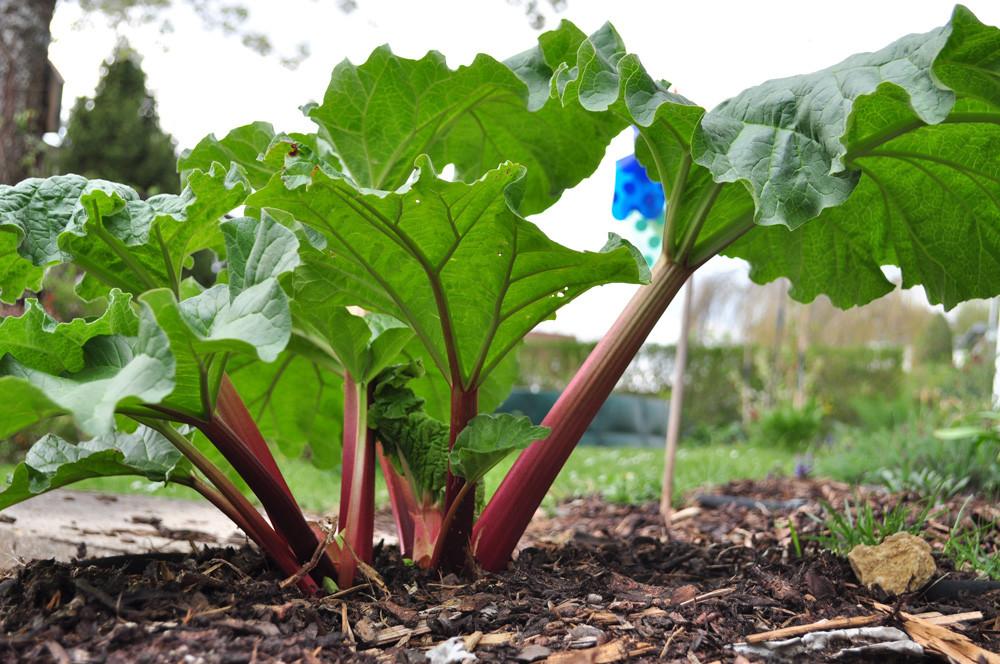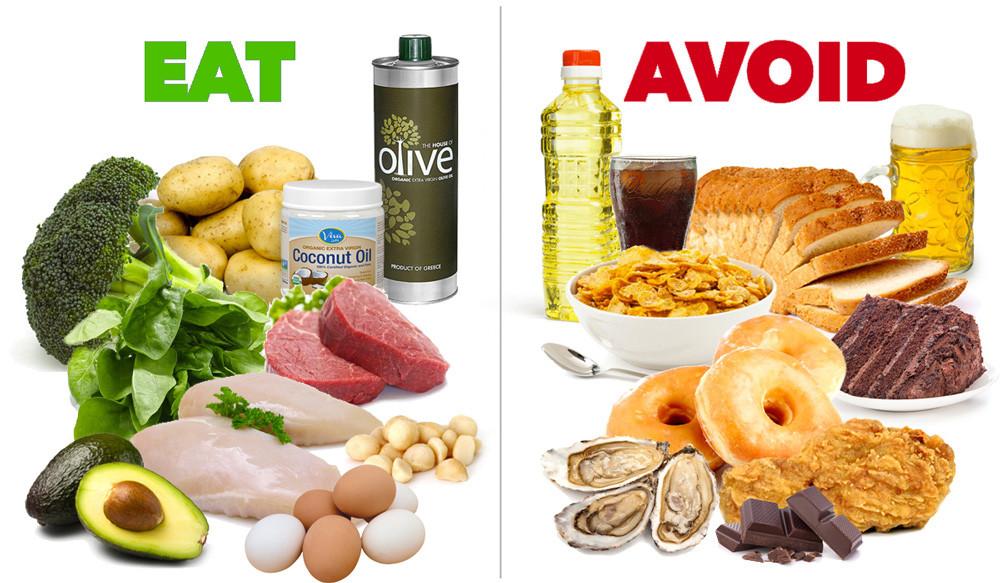There is nothing wrong with using the latest products to keep your skin looking and feeling good, but it’s not all about moisturizing and exfoliation. Some of the most important ingredients for healthy and therefore good-looking skin are vitamins, most of which come from the diet, particularly fruit and vegetables.
Take vitamin A, for example. It includes substances called retinoids. Retinol in particular often makes an appearance in anti-aging products because there’s scientific evidence that it reduces lines and wrinkles, gives your skin extra luster and makes it look renewed.
You can also find vitamin A in a range of foods including liver (don’t eat too much, especially if pregnant), oily fish (and related supplements such as cod liver oil), eggs and dairy products including milk, cheese and butter. Leafy green vegetables can also have high vitamin A levels.
There are multiple types of vitamins that come under the heading of B vitamins, and scientific evidence is mixed on their impact on the skin. Perhaps the most famous for a purported role in skin health is B12, or riboflavin. This can be found in milk, eggs and mushrooms.
Then there’s vitamin C, best known for its presence in citrus fruits like lemons and oranges. Vitamin C can help the skin in two ways, through its antioxidant properties, and also through its role in synthesizing collagen. Collagen is used in dermal fillers to reduce signs of aging in the skin. It makes the skin both stronger and more elastic.
Vitamin D is unusual in that we don’t get it from our diet. Its main source is sunlight. Now, too much sunlight is bad for your skin, increasing your risk of cancer, but some vitamin D is essential. One way that it has been used is in the treatment of psoriasis, an unpleasant skin condition that causes scaly, discolored patches.
Perhaps the opposite of vitamin D is vitamin E, which can actually protect your skin from sun damage. It has anti-inflammatory properties that can be used to treat sunburn. Like vitamin C, it also has antioxidant properties. You can find vitamin E in olive, sunflower and rapeseed oil as well as various types of nuts and seeds.
Keeping your skin looking its best also means doing what you can to avoid scarring and injuries. That’s where vitamin K comes in, as it has a vital role in wound healing, particularly in helping blood clot. There’s some evidence it may also alleviate the appearance of bruises and other skin markings. Vitamin K is another vitamin found in leafy green vegetables such as spinach and lettuce.
Most vitamins play a role in keeping the skin healthy, on top of their other roles. With the exception of vitamin D (from sunlight, but not too much), you should be able to get enough from your diet. If not, supplements are available. Be careful with skin products that claim to contain vitamins as they may cause irritation. You may want to talk to a doctor or nutritionist before making any decisions.




